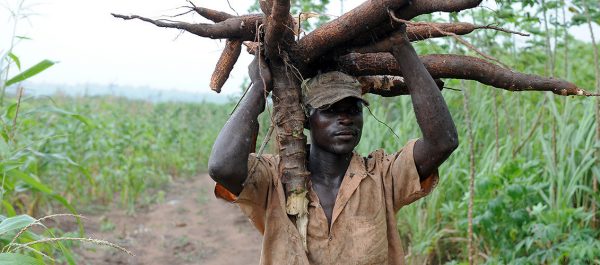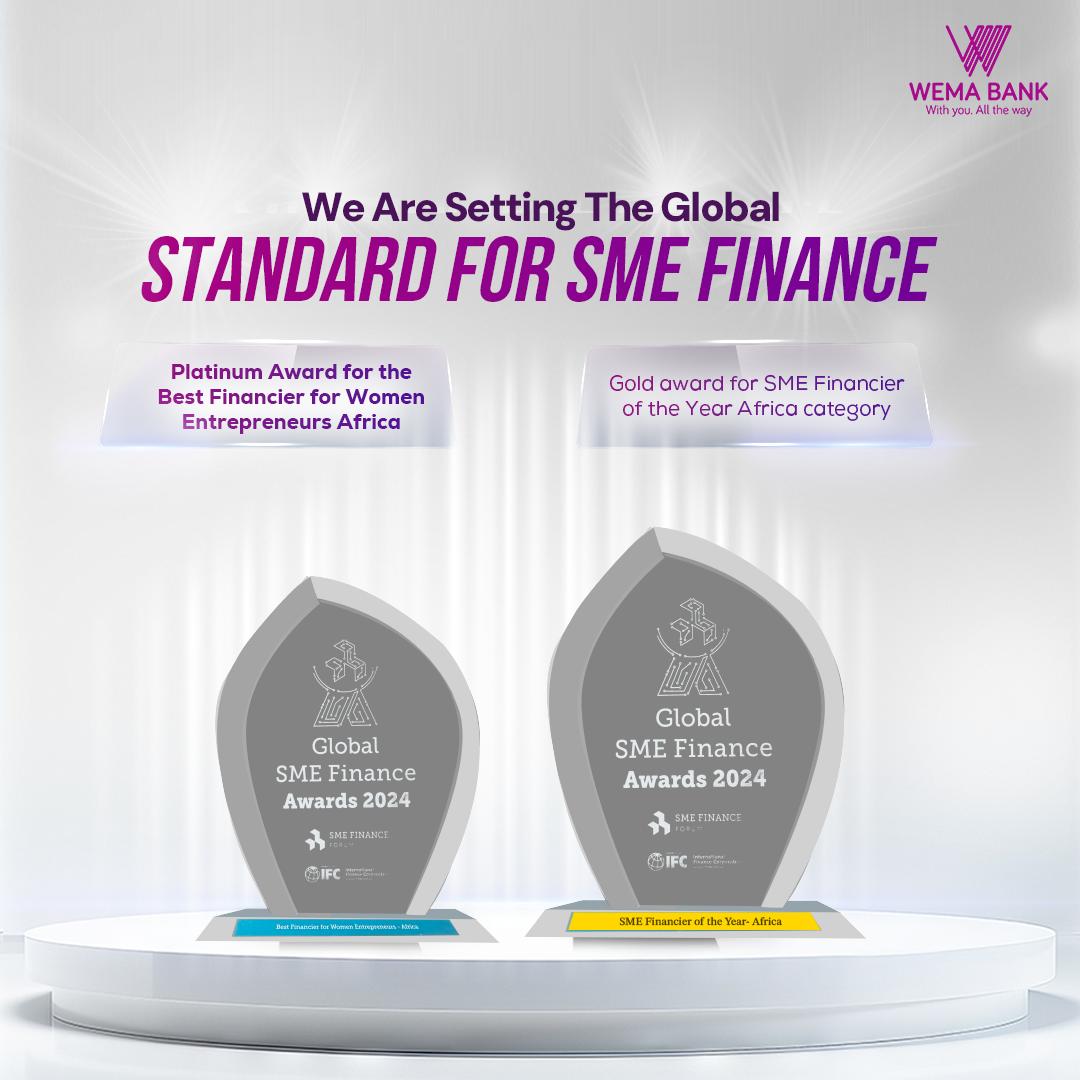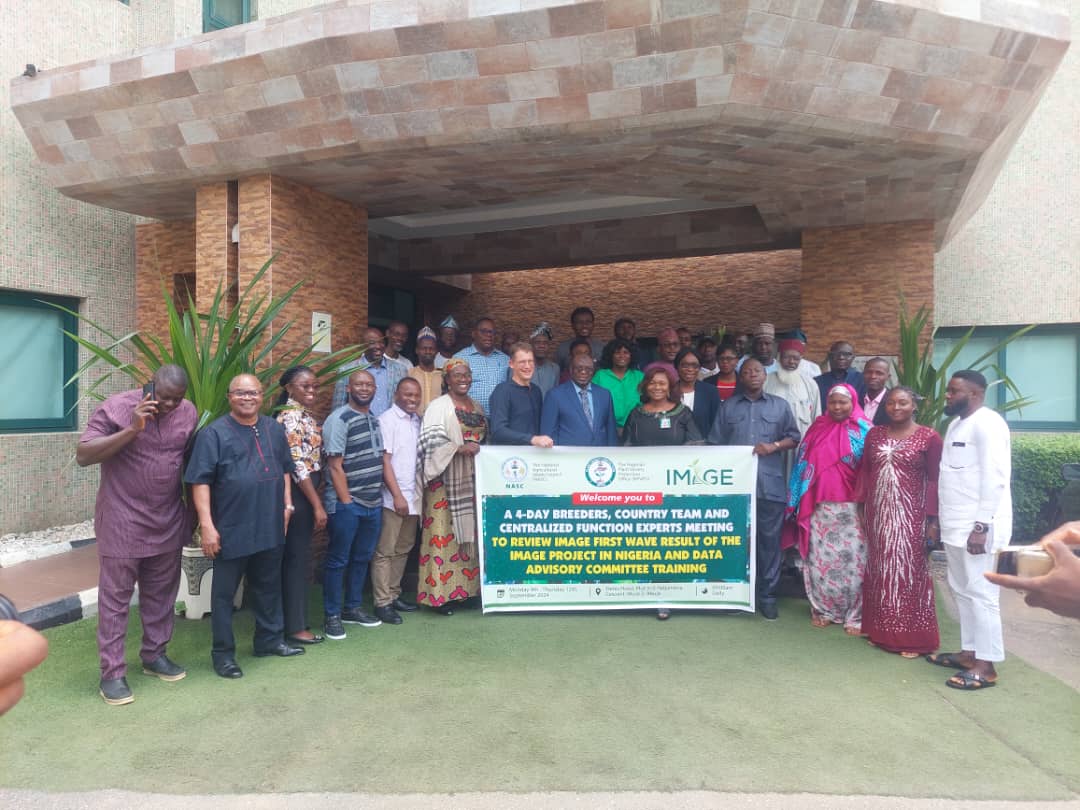Agriculture
Adamawa to diversify into livestock, beef production, expects over 50% revenue boost — commissioner

In a bid to reduce its reliance on monthly federal allocation for its revenue, the Adamawa state government was fully prepared to develop its livestock industry and agribusiness in general, according to Dr. Ishaya Dabari, the state’s finance commissioner.
Dabari, who stated this in an interview with the News Agency of Nigeria (NAN) on Thursday, in Yola, added that pursuing the agribusiness programme had become necessary to serve as alternative to oil and the monthly federal allocation.
Dabari noted that the livestock value chain was an internationally recognised vibrant business similar, to crop farming and was not restricted to any particular tribe or nation.
NAN reports that the 2019 statistics of the Adamawa state Ministry for Livestock Production had indicated that the state is the number one producer and supplier of cattle and beef in the country.
According to the Commissioner, responding to the demands of the non-oil sector to its fullest was the only solution for economic diversification and reducing over dependence on federal monthly allocations.
Dabari said that the state’s agribusiness programme was intensively designed to develop standards and a vibrant economy in the state within the shortest possible period.
He added that the era of the state government depending on monthly federal allocation to pay workers’ salaries and execute developmental projects was over, especially given what happened at the Federal Account Allocation Committee(FAAC) meetings in the past three months.
” The last three months from April, June and July during the Federation Account Allocation Committee ( FAAC) meeting, is enough a lesson for the state government to hasten its agribusiness programme.
“Because, over 80 per cent of the monthly amount distributed were from the non-oil sector, in fact, even in July, the NNPC contributed less than 10 per cent.
” If the Federal Government is responding to non-oil based economic sectors for revenue generation; same also with Adamawa state “. Dabari said.
He added that in line with its agribusiness plan, the state government had keyed into the Federal Government’s RUGA programme to boost livestock business for economic development.
Dabari explained that the state government was mainly focusing on livestock and other fundamental agricultural products in which it had comparative advantage.
He said that the essence of the agribusiness programme was to enable the state exploit its potentials and invest heavily in cattle businesses, through upgrades of major cattle markets into modern markets across the state.
In line with this development, the state government has commenced and done all the needful, including the legal requirements to launch a N25 billion naira bond, so as to harness its agricultural potentials.
” We have done all the needful and a prospectus had been issued and what remains are just a few things and very soon they will hit the markets.
” Beside livestock, there are other Agricultural products, but the focus will be livestock, which include cattle, goats, sheep, pigs and poultry.
“Because, we have looked at our natural endowments, God given lands, we know that cattle is one of the major areas which, if given proper attention, will boost the state’s economy by 50 per cent and beyond “, Dabari said.
He added that the state will exploit the entire value chain of the livestock sector, including production, processing and aggregation, where production of beef, milk, cheese and other products would be given priority attention.
Dabari said that the government projects that in the next two years, it should generate more than 50 per cent of its monthly FAAC.
” Right now, our Internally Revenue Generation is very poor, because up till today we are not generating up to 20 per cent of our FAAC allocation.
” However, with what we planned and put in place, definitely in the next two years, the state should generate substantial revenues from agriculture-based business”, he said.
He added that having keyed into the RUGA programme, a high-level committee had been put in place to look into the programme for proper and effective implementation.
When implemented, the programme would help to amicably resolve the lingering problem between farmers and herders, as well as issues of grazing reserves and ranching, the commissioner said, adding that it was also expected to provide jobs to the teeming unemployed youth in the state.
He pointed out that both farmers and cattle rearers were very important in boosting and sustaining the state’s economy.
“Therefore, anything that will bring them together to live in peace is among the government’s top priorities”, the commissioner said. ( NAN)
Agriculture
South-West Cassava Farmers Enhance Skills Through AATF Training in Oyo

Approximately 1,000 cassava farmers and processors from the South-West region have participated in a training program focused on Good Agronomic Practices to enhance their skills in cassava farming and processing. This initiative was announced by Adeyemi Olojede, the Director of Tuber Crops Research at the National Root Crops Research Institute (NRCRI), during the program’s official launch at Fashola Farm in Oyo town, Oyo State.
Olojede noted that the program, organized by the African Agricultural Technology Foundation (AATF), aims to reach over 6,000 farmers, with particular emphasis on empowering women and youths. He expressed optimism that the initiative would significantly improve cassava farming and processing in Nigeria, equipping participants with essential skills to enhance their livelihoods through better production methods and increased value creation.
“This weeklong training, facilitated by the NRCRI, kicked off with the first batch of 1,000 participants, comprising farmers and processors,” he stated. The program is supported by the German Federal Ministry for Economic Cooperation and Development and implemented by Deutsche Gesellschaft für Internationale Zusammenarbeit GmbH in collaboration with AATF, Agridrive Ltd., and Clayuca Corporation.
Olojede revealed that this training marks the initial phase of a series expected to unfold over three years, with plans to train 1,000 participants in 2024, 2,000 in 2025, and 3,000 in 2026. The program will also include training for 1,000 processors, mainly women from Oyo and Ogun states, focusing on enhancing value addition in cassava processing.
Kehinde Jimoh, AATF’s Programme Officer for Agribusiness, emphasized that the initiative is part of the foundation’s broader commitment to boost the productivity of cassava farmers and processors. He highlighted that the training aims to empower participants with best agronomic practices and value addition strategies, which are expected to lead to significant improvements in their livelihoods and cassava productivity.
Jimoh also noted the importance of this training in not only boosting cassava production but also enhancing value addition, providing farmers with alternative income streams.
Agriculture
Wema Bank Shines at Global SME Finance Forum Conference Awards 2024

…Awarded:
• SME Financier of the Year (Africa)
• Platinum Award for Best Financier for Women Entrepreneurs (Africa)
Wema Bank, Nigeria’s foremost innovative bank and pioneer of Africa’s first fully digital bank, ALAT, has received two awards of excellence at the Global SME Finance Forum Conference Awards 2024 which held in São Paulo, Brazil between September 16 & 18, 2024. The awards received are SME Financier of the Year (Africa) and Platinum Award for Best Financier for Women Entrepreneurs (Africa).
The Global SME Finance Forum is the world’s leading, technically oriented and geographically diverse platform focused solely on scaling SME financing worldwide. Managed by this Forum, The Global SME Finance Forum Conference Awards is dedicated to acknowledging the effective and successful practices of financiers across the world, honouring the innovative products and services these financiers create for SMEs, recognising the impressive results in expanding finance and services to SMEs, and celebrating these exceptional financial institutions. Wema Bank emerged Africa’s top financier not just for the general SME landscape but also particularly for women-owned SMEs, at the 2024 edition of the annual Global SME Finance Forum Conference Awards.
Reputed as the Bank of choice for Micro, Small and Medium Enterprises (MSMEs), Wema Bank received recognition for its commendable track record of developing innovative, sustainable and significantly impactful products, services, solutions and opportunities for businesses of all sizes across Nigeria. The Bank’s impact ranges from affordable financing options and seamless payment collection solutions to access to market, digital solutions for efficient business operation and management, SME Advisory services, and a vast range of products tailored to the needs of businesses across every part of Nigeria. Through its women-focused proposition, SARA by Wema, Wema Bank continues to tailor its SME offerings specifically for women, helping these women build sustainable businesses and access the resources needed to scale and thrive. The Bank further supports overall growth and well-being of these women with affordable to free healthcare packages. It is beyond doubt that Wema Bank is indeed deserving of its recognition as Africa’s top financier for SMEs and particularly, women entrepreneurs.
Expounding on the Bank’s glaring commitment to empowering MSMEs, the MD/CEO of Wema Bank, Moruf Oseni, articulated the big picture for the Bank. “MSMEs make up the bulk of Nigeria’s economy and they are critical to not only mitigating unemployment and other macroeconomic challenges but also promoting innovation and significantly boosting the economy towards national development. At Wema Bank, we recognise the potential that MSMEs hold as well as the challenges that threaten the maximisation of this potential, and we have made a lifelong commitment to providing viable, seamless, accessible, affordable, reliable and effective solutions tailored to the needs of businesses of all sizes across Nigeria; especially women-owned businesses. There is a rising need for intentionally inclusive empowerment strategies in not only stimulating growth in the SME sector but also bridging the gap in gender equality, and we have undertaken the responsibility of fulfilling that need. As a Bank, our mission is to empower lives through innovation, and as always, we will continue to seek more effective ways to empower businesses for optimal productivity and sustainable growth”.
“We are honoured by the global recognition accorded to us by the Global SME Finance Forum and as we receive these awards, we reiterate our commitment to providing businesses with the resources they need and a bouquet of intelligent solutions that mitigate prevalent challenges and make business management and operation seamless, maximally profitable and efficient. Thank you to the Global SME Finance Forum for the acknowledgement, and also to our valued customers who continue to entrust the future of their businesses and their financial well-being in our hands. This prestigious recognition honours our unwavering commitment to empowering SMEs and fostering innovation in SME finance, further fuelling our drive to consistently go above and beyond in accelerating growth for SMEs and delivering optimum value to every stakeholder. We are indeed the Bank of choice for MSMEs and women across Nigeria, and we will never relent in empowering women to thrive and businesses to scale regardless of economic fluctuations”, Oseni remarked.
Wema Bank continues to raise the standards of banking and financial services in Nigeria, demonstrating a commitment to generating positive impact across diverse verticals, a dedication to exceeding expectations and a passion for empowering lives and businesses for success.
Businesses interested in accessing the Bank’s tailored range of finance options and business-centric solutions are encouraged to visit https://wemabank.com/smes or send an email to smehelpdesk@wemabank.com to get started.
Agriculture
Experts Call for Harmonization of Gene Banks to Boost Agricultural Productivity

- …Stresses the importance of genetic diversity in agriculture
- …Advocate for improved genetic reference libraries
Experts in the agricultural sector on Monday, emphasized the need for harmonization of gene banks in Nigeria to enhance the country’s agricultural productivity.
The call was made at the opening of a 4-day Breeders Country Team and Centralized Function Expert Meeting, organized by the National Agricultural Seeds Council (NASC) in collaboration with the Nigerian Plants Variety Protection Office (NPVPO) amongst other partners.
The meeting aimed to review the first wave results of the Institutionalizing Monitoring of Crop Variety Adoption using Genotyping (IMAGE) project, which seeks to improve crop productivity and enhance genetic diversity in Nigeria.
Speaking to newsmen, Dr. Ishiak Khalid, Acting Director-General of NASC, stressed the importance of harmonizing gene banks to support the country’s agricultural development.
He said; “Harnessing the potential of our genetic resources requires a coordinated approach. By harmonizing our gene banks, we can ensure that our research institutions are working together to develop improved crop varieties that meet the needs of our farmers.”
Dr. Khalid encouraged research institutions to prioritize research on improved seed varieties, highlighting its impact on farmer yields. He praised plant breeders and crop experts for their achievements, stating that their expertise and commitment have been instrumental in driving agricultural progress.”
Also speaking, Prof. Lucky Omoigui, Seed System Specialist from the International Institute of Tropical Agriculture (IITA), stressed the crucial role of quality seeds in boosting crop productivity.
“Quality seeds are the backbone of productive agriculture, and to increase crop yields, we must ensure farmers receive seeds with the right genetic material. This requires rigorous testing and verification against reference materials.”
Omogui further emphasized the importance of maintaining robust seed banks. he said “A well-managed seed bank is vital for preserving genetic diversity and ensuring seed quality. Continuous use of seeds without replenishment from reserves leads to quality degradation.”
Meanwhile Dr. Folarin Sunday Okelola, Acting Registrar of the Nigerian Plant Variety Protection Office (NPVPO), presenting a paper titled “Crop Survey Results: Nigerian Cassava, Revised Genotyped Crop Survey based on the Cluster Pipeline Bioinformatics Pipeline.” reiterated that the essence of the meeting is to adopt and advise farmers on effective seed systems.
Okelola urged stakeholders to consider opportunities for improving access to quality seeds, maintaining seed purity, enhancing genetic reference libraries, and conducting analysis to characterize genetic entities and unidentified samples
According to him, ongoing and regular analysis based on growers’ reports and genetic features will help understand what farmers are planting.
He however, encouraged research institutions to conduct further studies to comprehend genotyping and the clustering pipeline, which can be effectively applied in dynamic seed systems with uncontrolled variation in outcrossing crops, where genetically diverse Open-Pollinated Varieties (OPVs) predominate.
-

 Business12 hours ago
Business12 hours agoOkpella Monarch: Obaseki Ratified Kingmakers Decision, End 5years leadership Vacuum
-

 News23 hours ago
News23 hours agoDemolition: Press Under Siege As Taraba Govt Issues Ban Memo
-

 Banking8 hours ago
Banking8 hours agoFree Food Saga: Akpabio quoted out of context-CSO
-

 Foreign12 hours ago
Foreign12 hours agoSci-tech innovation fuels China’s high-quality development
-

 Entertainment4 hours ago
Entertainment4 hours agoDavido Declares ‘Timeless’ His Best Album
-

 Business5 hours ago
Business5 hours agoWike Urges Nigerians to Pay Taxes for Improved Social Services
-

 Foreign12 hours ago
Foreign12 hours agoSWChina’s Guizhou builds itself into computing power base serving whole country
-

 Foreign6 hours ago
Foreign6 hours agoQinling Mountains better safeguarded with comprehensive digital platform







